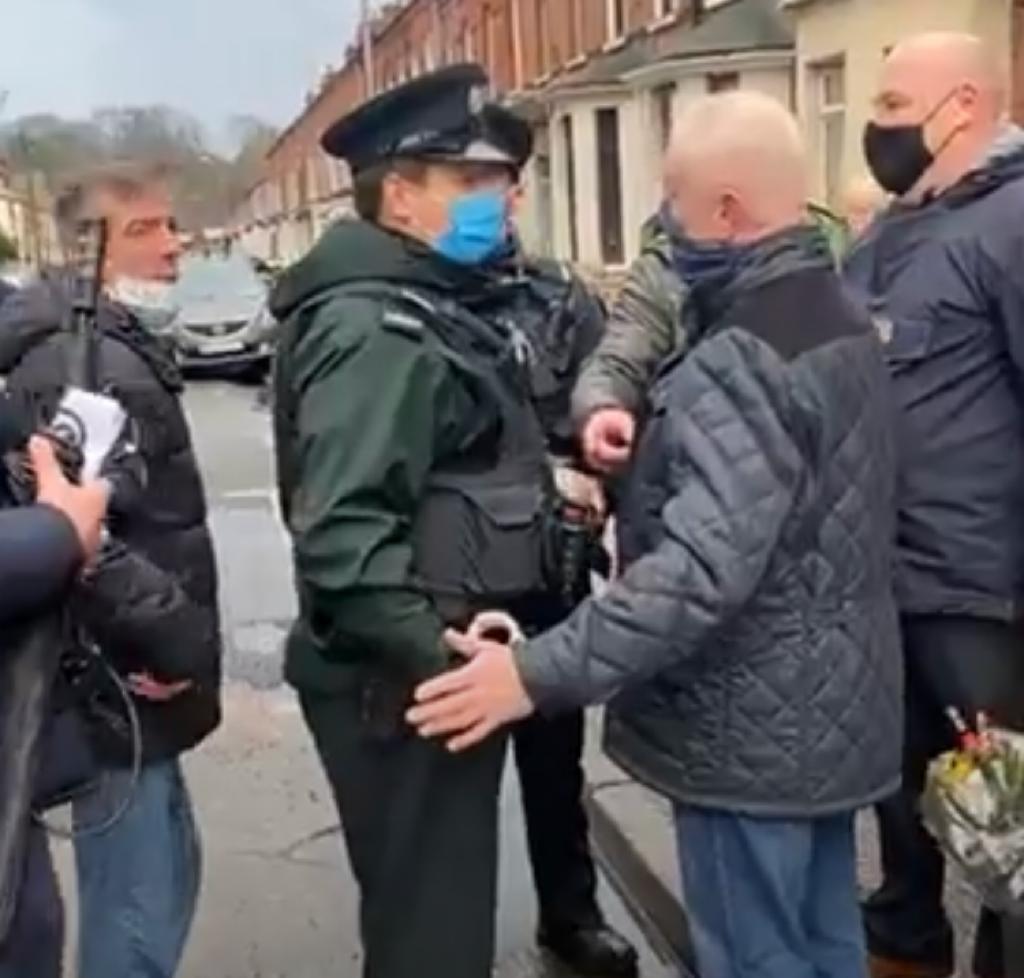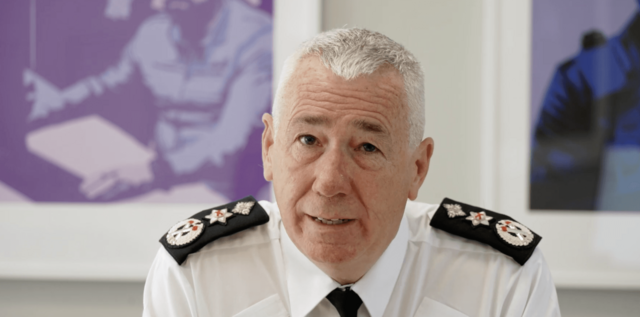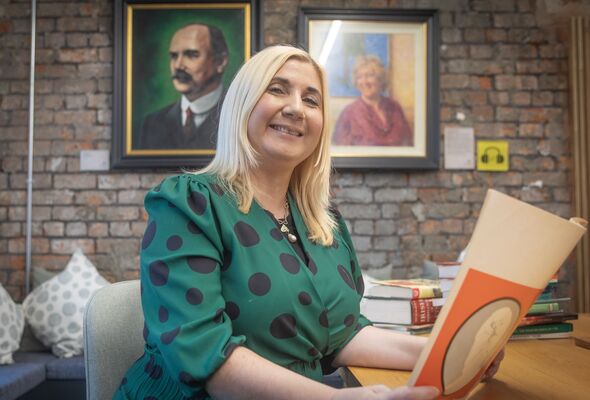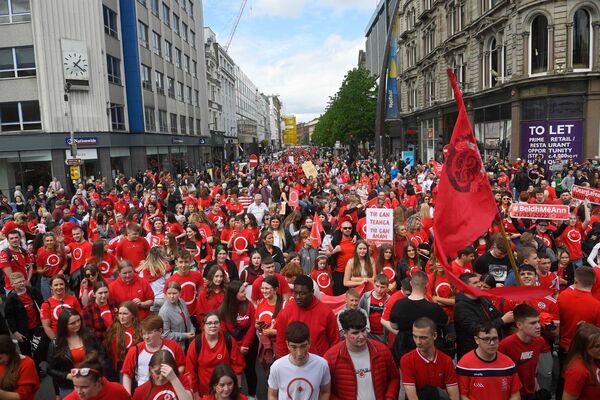AT lunchtime on Friday, February 5, 2021, I was watching the live Facebook feed of the Lower Ormeau Residents' Association. The feed was in the context of Covid restrictions.
The annual moment of reflection in memory of those killed and injured in the Ormeau Road Bookmakers is for me one of the most poignant of all of the anniversary services I attend during the year. Possibly because I remember exactly where I was when the shooting happened. Possibly because I remember that week of horror so particularly. Possibly because I have since got to know the families and survivors and am proud to call them friends. And most possibly because it is always so definitively humble in character.
Whatever the reason, the Facebook feed was very welcome in the context of being unable to attend in person. What unfolded was deeply shocking. All of my family stood aghast as we realised that the PSNI had unnecessarily interfered, were heavy-handed and caused maximum harm to the families when they arrested Mark Sykes, their irrepressible spokesperson, who had been shot five times as his brother-in-law was murdered. I can still feel the visceral disgust from that day. And our home’s reaction was matched across the country.
Because it was not just the PSNI’s treatment of the families on the day. It was the culmination of the contempt with which the PSNI has treated these working-class nationalist victims. In 2015 the families were informed that one of the weapons used in the murderous attacks had been given to the Imperial War Museum and was on display as a trophy in a 'Troubles' exhibition. It was utterly inexplicable and the families did not accept the explanation or the apology uttered by then Chief Constable.
In 2019 the PSNI apologised for withholding vital information from the Police Ombudsman’s office as he sought to investigate the allegations of RUC collusion in the killings. The families did not accept the explanation or apology from then Chief Constable George Hamilton.
In 2021 the families stood underneath a banner calling for the immediate publication of the Police Ombudsman’s report into the killings, which was years overdue, not least because of the PSNI and its lack of full cooperation.
So when the families, who were clearly standing in memory of their loved ones, socially distanced and fully conscious of their obligations to their society, community and families, were approached by the PSNI they reacted with disbelief. That disbelief was mirrored by our community. It was not a one-off incident, it was proof that the PSNI did indeed hold these families and our community concerned with truth, justice and care for victims in contempt. None of us accepted the explanation or apology issued by Chief Constable Simon Byrne.
That the two officers have this week won a challenge to the disciplinary measures taken against them negated none of this. The PSNI stands in disgrace today, as it did that day. It learned no lessons from the affair. Victims and survivors are still being treated with contempt in legacy proceedings in the courts.
The PSNI and its federation need to take a long hard look at themselves instead of perpetual defence of the past and its present. I doubt, however, that will be enough to rebuild what it has broken.








